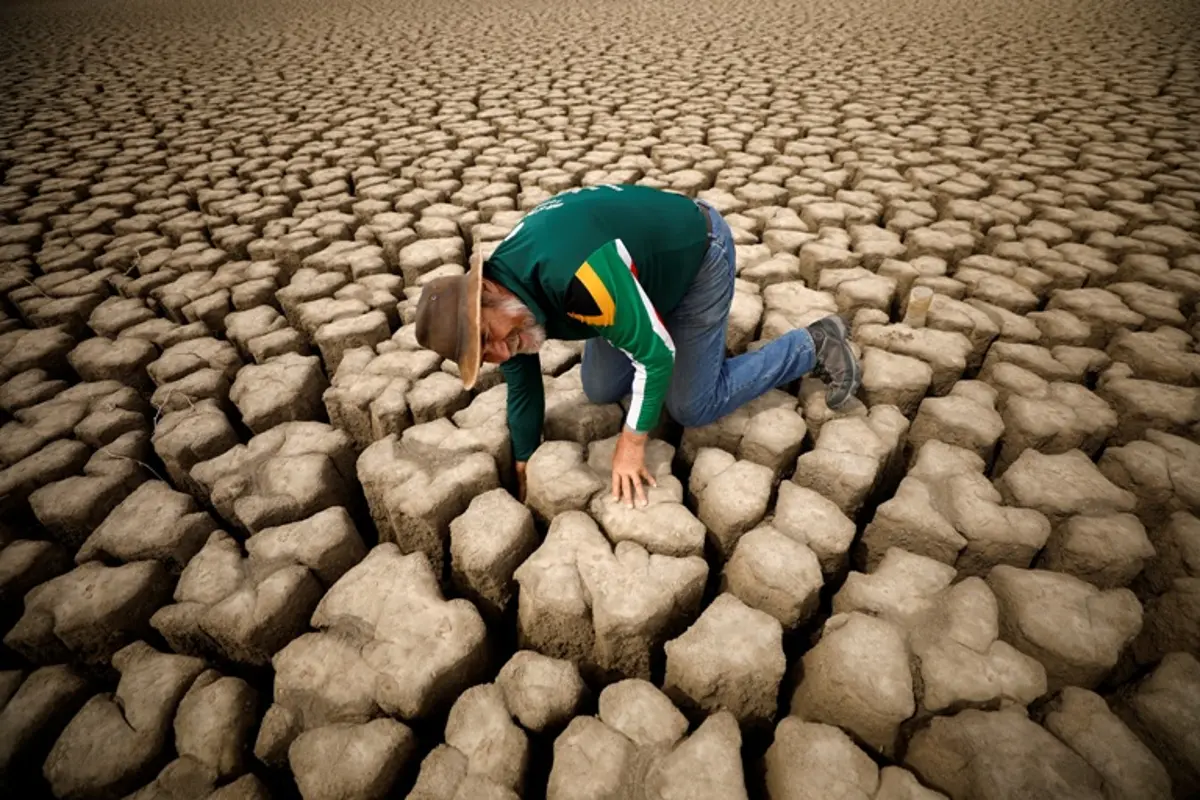Leaders from poor countries blamed today wealthy government’s representatives and oil companies for causing global warming. They used their speeches at the COP27 climate summit in Egypt on Tuesday to demand rich polluters pay for the economic damage they are causing.
Small island states are already battered by increasingly violent ocean storms and sea-level rise. They demanded oil companies pay back some of their huge recent profits. On the other side, developing African states demanded more international adaptation funds.
Rich polluters earn on the cost of the future generations
The oil and gas industry continues to earn nearly $3 billion in profits per day. This was said by Antigua’s Prime Minister Gaston Browne, who spoke at the conference on behalf of the Alliance of Small Island States.
He believes it is past time for these corporations to pay a global carbon tax on their profits. Part of their profit should be a source of funding for loss and damage. The planet is burning while they profit, Browne said.
Vanuatu’s president, Nikenike Vurobaravu, said the island nation wanted the International Court of Justice to help ensure future generations’ rights were not violated. He said the nations that were slow to address climate change are stealing the future from the next generations.
As delegates attended the second full day of the two-week United Nations conference in the seaside resort town of Sharm el-Sheikh, the comments reflected the tension in international climate negotiations between rich and poor states.
Rich polluters support reducing emissions but someone else has to do that
Wealthy Western countries are the most vocal supporters of reducing emissions, but they have also contributed the most greenhouse gases. They used more than a century and most of all fossil fuel-driven industrialization.
Multibillion-dollar oil industry profits since Russia’s February invasion of Ukraine, which has roiled markets and disrupted supplies, have also enraged governments around the world concerned about climate change and rampant consumer inflation.
The industry is raking in war profits, according to US President Joe Biden. He proposed a windfall tax this month. But, his idea has little chance of passing in a divided U.S. Congress.
However, some countries at the conference were more likely to direct their rage at rich governments rather than drillers.
Senegal’s President Macky Sall told the conference that poor developing countries in Africa needed more funding from wealthy nations to adapt to worsening climate change. He said they would resist calls for an immediate shift away from fossil fuels. African countries rely on fossil fuels to power their still-developing economies.
Africans support reducing emissions but not against their vital interests
Sall said that all African countries support reducing greenhouse gas emissions. But, he added, Africans cannot accept ignoring their vital interests.
Suriname is a South American country whose forests absorb more carbon than its people emit. The president of this country, Chandrikapersad Santokhi, said wealthy countries must keep their promise. They promised to direct $100 billion per year to developing countries for climate adaptation.
Santokhi said on behalf of all children and future generations, historic emitters must urgently do their part to protect the planet. He added that his country is doing its part with limited resources and capacity.
Today, the hosts of the COP27 climate talks unveiled a global plan to assist the world’s poorest communities in mitigating the effects of global warming. The plan includes targets for sustainable farming, mangrove restoration to reduce coastal flooding, and access to clean cookstoves.

